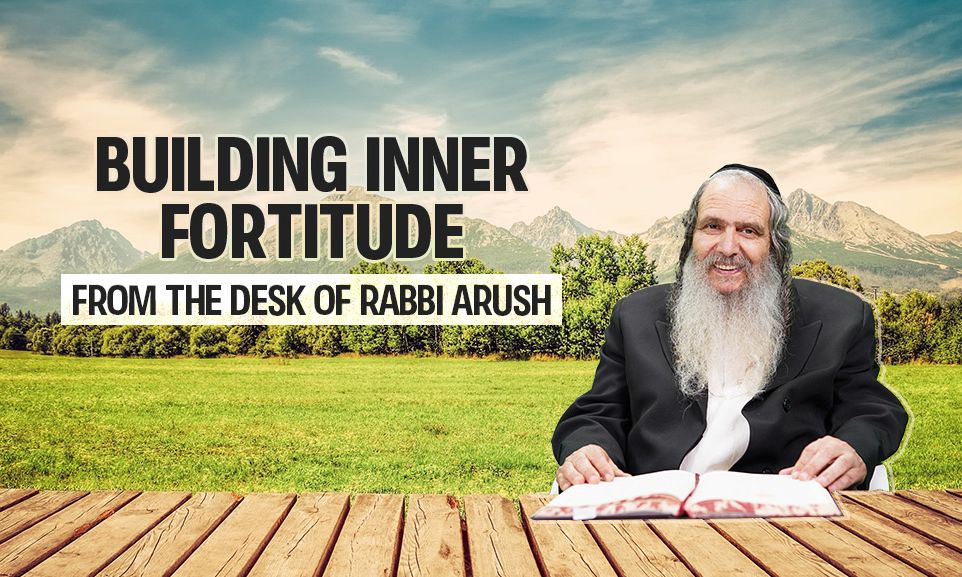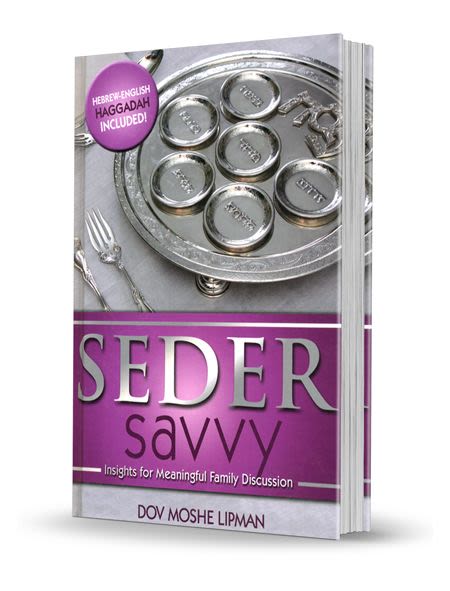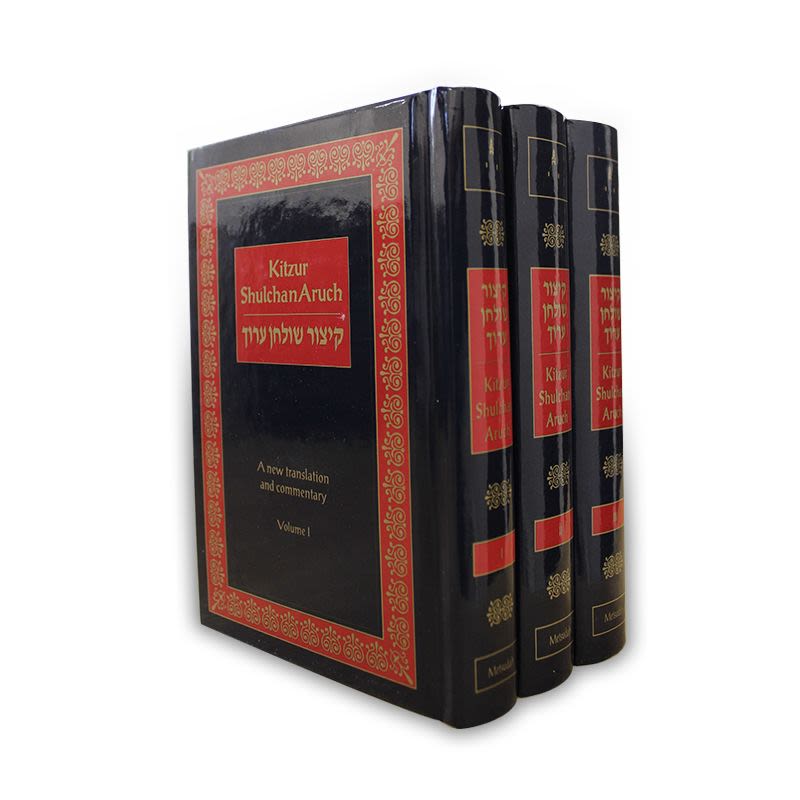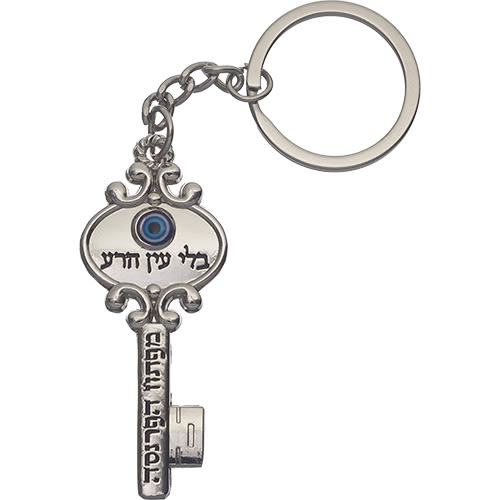
Building Inner Fortitude
Our role as Bnei Yisrael is to live our emuna and to recognize it on such a high level that no outside influence, regardless of how awesome it (or he) might be, will lead us away from Hashem. Our emuna must be firmly affixed in our hearts to withstand every test. Otherwise...

Translated from Rabbi Arush’s feature article in the weekly Chut shel Chessed newsletter. The articles focus on his main message: “Loving others as yourself” and emuna.
A Question That has No Answer
When the young yeshiva student first came to his parents’ home shorn of all Jewish emblems, his parents were deeply shocked and burst into tears. True, it did not come as a complete surprise: for a long time already, the parents had felt that something was wrong with their son. Even when he was still dressing as a yeshiva student, his attitude towards anything Jewish had become cold.
In those times, the winds of the Haskalah (Enlightenment) were raging in Europe and many yeshiva boys were swept away by them, but this illustrious family didn’t believe that the trend would reach them. The above-mentioned young man was the grandson of one of the great luminaries of all times, and the very walls of the house were soaked in Torah and yirah (fear of G-d). After much pleading on the part of the parents, the young man agreed to meet his illustrious grandfather and state his case.
The grandfather asked the grandson at the beginning of the meeting why he had deserted the way of his fathers and the way of emuna, and the young man replied that he had hard questions and unequivocal proofs, and he wanted his grandfather to respond to them. The grandfather gave his grandson a piercing look and said to him: “My dear grandson, I can answer any question of yours, but before that I will ask you one question: Tell me, what came first – your questions and doubts, which caused your disdain for Torah and yirat shamayim (fear of heaven), or did you first start being lax in observing the mitzvot, and then the questions came up?”
The young man admitted that the temptations of this-world pleasures had caused him to belittle the mitzvot and to experience a weakening in yirat shamayim. And only afterwards did those “questions” regarding emuna come up. Hearing this answer, the grandfather responded harshly and said: “There are answers to real questions, but for questions whose purpose is to justify a life of dissolution and depravity, no one has answers…”
There is No Justification for Corruption
This week’s parasha deals with the laws of a false prophet and the corrupter who leads people astray. People, says Rabbi Nachman, have a tremendous power to confuse other people.
Inciting people to go against Hashem’s will could come in the form of signs and miracles and prophecies that come true, as well as in the form of supposedly “intellectual” questions and proofs. It can also come in the form of friends and relatives. The Torah doesn’t mince words and describes it in the most detailed way, so that we will be able to understand how difficult this nisayon (test) is: “If anyone, even your brother, your mother’s son, or your own son or daughter, the wife of your embrace, or the friend who is like your own self to you, secretly tempts you…” We’re talking about the people closest to you, who are like your own self! Social pressure and brainwashing can corrupt even an entire city, with all the city residents, with no exceptions, engaging in avoda zara.
The Torah sees this a an extremely serious thing and warns us to have neither pity nor mercy and to bring the full force of the law against those people: “Do not acquiesce, do not listen to him, do not show him pity or compassion, or cover up for him.”
But the Torah also says that those who were led astray also cannot claim mitigating circumstances or bring excuses, and they are punished with the full punishment, mercilessly. In this the Torah lets us know that our role as Bnei Yisrael is not only to destroy those corrupters, but also to be immune to corruption! In other words, to live our emuna and recognize it on such a high level that no incitement will have an effect, be it in the form of a wondrous act or omen, miracles or prophecies. Our emuna has to be firmly affixed in our hearts. We must be as strong as a fortified wall, without even the slightest crack.
The Power of Free Choice
Rabbi Natan talks about the power of absolute choice in this world, and brings the words of the Gemara that say that the power of free choice is so great that the Creator of the World, so to speak, gives false prophets the ability to do as they please. “And the sign or omen of which he spoke is realized,” it says. As Rabbi Yossi Haglili says: The Torah knew that the avoda zara would be able to stop the sun in the middle of the sky [and allowed it to do so].
In face of such power, one needs very strong emuna: I don’t budge from my faith in Hashem, no matter what happens. I am not selling my emuna, no matter what happens. I am not even going to fall into the trap of arguing the issue. The discussion doesn’t even begin.
That is the great nisayon of this world, as the Torah tells us: “Do not listen to the words of that prophet or dream diviner. Hashem your G-d will be testing you, to know whether you really love Hashem your G-d with all you heart and with all your soul.” That is the point: To love Hashem with mesirut nefesh (total devotion)! And therefore, when faced with temptations, one must focus on the goal, as stated in the following passuk: “Follow Hashem your G-d, revere Him, keep His commandments, and listen to His voice, worship Him and stay close to Him.”
And that is the foundation for coping with any nisayon in this world: It all depends on your standing strong, stubborn, without compromising and without looking for leniencies.
If you were corrupted, if you were convinced, if you believed in the so-called “omens” – don’t blame the corrupter, because it all starts from you, from your heart, from your weak faith; or else from your base desires and from the yetzer hara, with you simply looking for the moral justification to leave Hashem, like that young man who searched for questions in order to justify a life of dissolution and fulfilling his base desires. If you’re looking for excuses – you’ll find them.
Free choice is a stupendous, wonderful force, a supreme wonder: a person who wants to do something can force all nature to comply – for better or for worse.
Be Positive “Corrupters”
From our point of view, the one corrupted is worse than the corrupter. The corrupted is the fence who buys stolen goods, thus encouraging the burglar to steal. The corrupter cannot do anything to a Jew whose faith is strong and wholehearted, just like germs can harm only a body that is weak and sickly, not a healthy body that has a strong immune system.
We cannot list all the types of nisyonot, but each and every one of us can and must apply this issue to his own life and to his particular nisyonot. But we will bring one example, just to demonstrate the principle:
There are wonderful, high-level avreichim who are immersed in Torah and are far away from modern technology, which is a wholesale corrupter. But then the wife just “has to have” a smartphone for the community’s WhatsApp group and for all sorts of charitable enterprises, and very quickly she begins to surf and watch all kinds of videos. She begins to get a feeling of false vitality and satisfaction from all that nonsense; and then our avreich comes home in the evening and his wife wants to share with him the “new and wonderful” world she has discovered. It begins with videos of rabbis and goes on to various lectures until it reaches all the tumah (impurity) in the world. And suddenly the avreich finds his yirat shamayim weakened, and he leaves the Torah world and sinks all the way to the bottom.
If this avreich would have been strong enough in his determination not to touch these devices, which all the luminaries are constantly warning us about – his wife would have been embarrassed to even suggest that he watch a video. And if he were even stronger in his stance, she would be ashamed to have such a device and certainly on her own accord would have left these “broken wells” and would have gone back to getting her true satisfaction and sense of vitality from her husband’s studies and from the atmosphere of yirat Shamayim in her home.
A man says, “I feel uncomfortable in face of my wife, my brothers, my children.” But what about the Holy One, Blessed Be He? Why don’t you say, “I feel uncomfortable in face of Hashem, and my forefathers, and my teachers”? When you are strong, you will not experience any discomfort. Your environment will sense that there is nothing to talk about and they won’t even try to speak to you about these issues. And not only that: When they see a Jew who attaches himself to the truth all the way, they themselves will feel discomfort, realizing that they are living a lie and are actually fooling themselves.
Instead of being the corrupted, be the positive “corrupter” – a strong, sure man, who “corrupts” all those around him to leave the nonsense they are indulging in and to wish to come close to Hashem with all their heart and soul.











Tell us what you think!
Thank you for your comment!
It will be published after approval by the Editor.